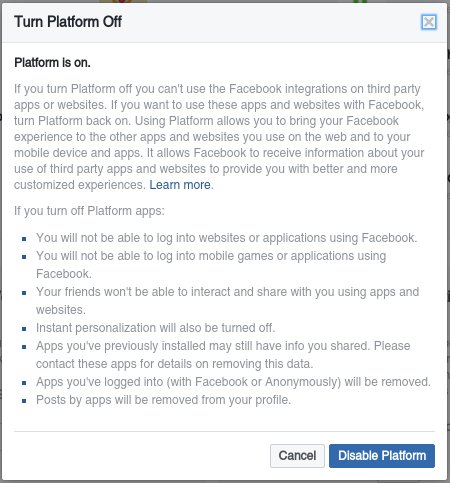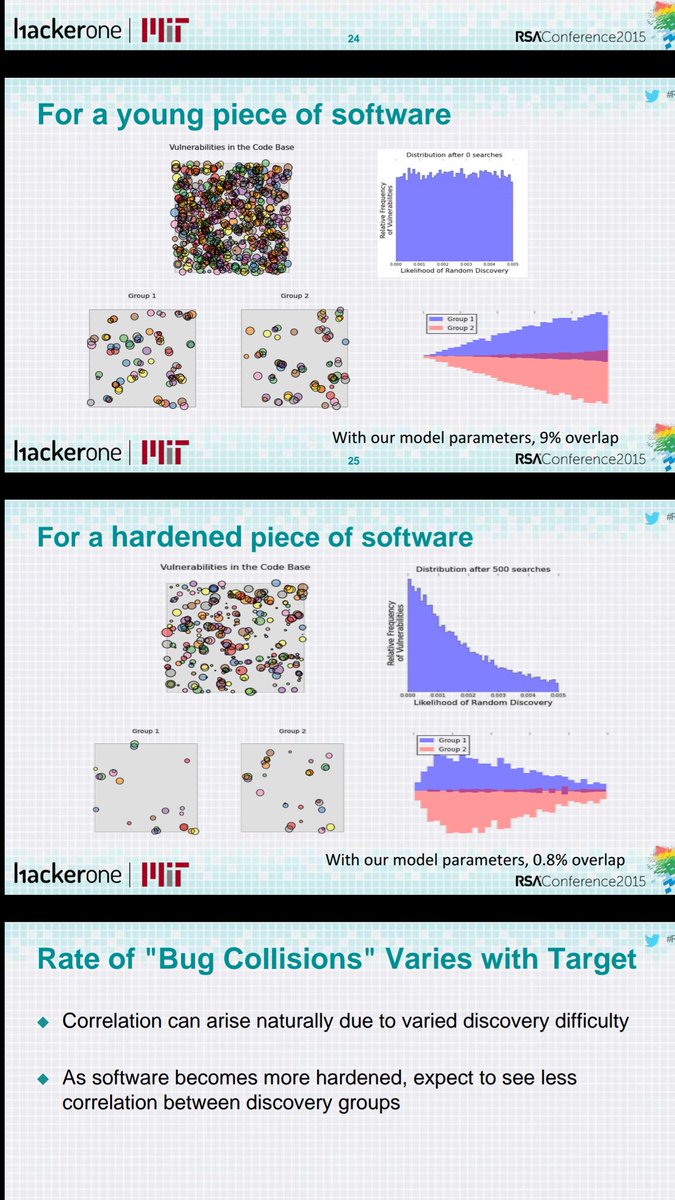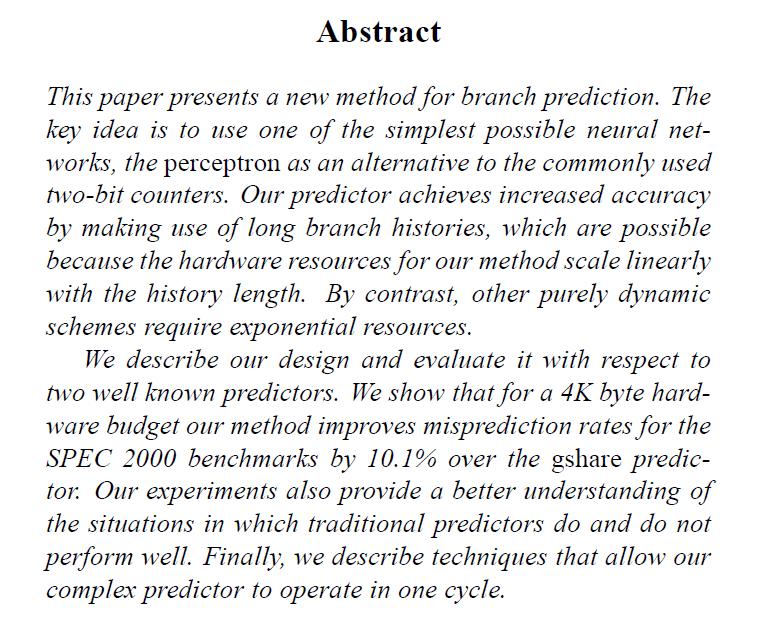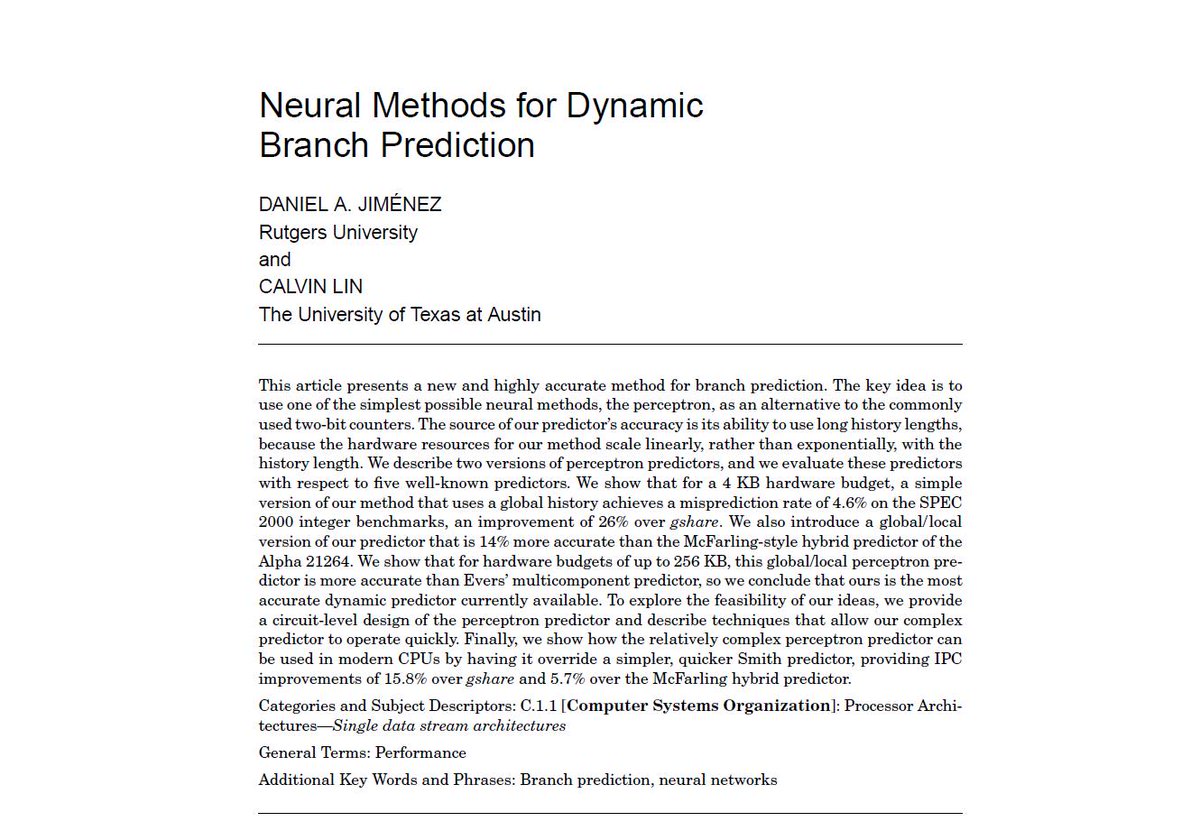I'm still doing my reading, but a good place to start if you're technically inclined is spectreattack.com
It affects at least AMD, Intel and ARM CPUs
The sample exploit reads 10KB/s.
It's very, very clever.
It's possible to observe the side-effects of instructions that were executed but never committed.
By observing cache hits and misses, you can infer the memory that was read by the invalid-and-discarded operation.
Which means you can read kernel memory.
On modern (Broadwell+) Intel CPUs, a speed of 502KB/s is achieved.
So it can and does break containers, virtual machines, and everything else we rely upon.
These exist in Linux 4.15, 4.14.11, Windows 10 Build 17035, and OSX 10.13.2.
Upgrade your systems if you haven't already done so.
Meltdown because lots of devices won't get patched.
Spectre because patching at all seems to be extremely challenging to patch at all. It's named because it will "haunt us for some time".
Rowhammer changes memory by using voltage fluctuations to flip bits.
I've seen ssh sessions run over cache invalidation channels between VMs.
I don't think spectre and meltdown will be the last.








